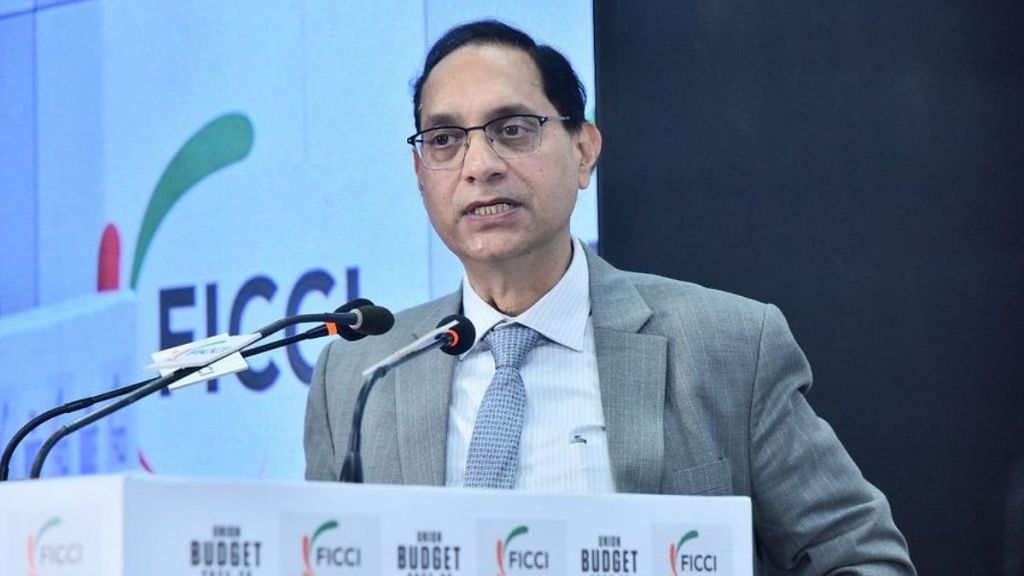
New Delhi: Finance Secretary Tuhin Kanta Pandey on Monday said the FY26 Budget has given sufficient non-inflationary stimulus to the economy which will promote incremental growth.
He said the Budget has a balanced "growth and inflation mix", while keeping exchange rates, macroeconomic stability in mind and controlling the fiscal consolidation.
"We also have sufficient stimulus in the economy, a non-inflationary stimulus, which will promote savings, investment and growth. It will push incremental growth, work on the demand side and work on the supply side," Pandey said at Ficci post-budget interactive session.
Union Finance Minister Nirmala Sitharaman Increases Income Tax Rebate Limit
Union Finance Minister Nirmala Sitharaman in the FY26 Budget had hiked the income tax rebate limit to Rs 12 lakh, effectively meaning that individuals with income of up to Rs 12 lakh per year will not pay any income tax. This move was aimed at increasing disposable income in the hands of taxpayers to spur either savings or investment or consumption.
The Budget pegged a fiscal deficit of 4.4 per cent of GDP for FY26 and lowered the target for FY25 by 10 basis points to 4.8 per cent of GDP.
Finance Secretary Tuhin Kanta Pandey Speaks On The Budget
Pandey said the Budget had to balance the competing imperatives.
"We have to have fiscal consolidation on the one hand because we don't want to be inflationary in our approach. If we try to stimulate (the economy) when we should not, it may turn inflationary and will reverse the very process of inflation control that we have been working at and will be counterproductive.
"So, the Budget we have come out with, in terms of various things, balances all these imperatives while we control the fiscal consolidation," Pandey added.
The Budget has several demand-side measures and several supply-side measures, including the agriculture sector, Pandey said.
"Food inflation, for example, if we are not able to really address some of those structural supply factors it will keep hurting us year after year and it will keep our interest rates high. It doesn't help industry, doesn't help the middle class, because people end up higher equated monthly instalments." "But then if you have inflation, then you cannot have proper growth. You have to have inflation under control." So, therefore, the growth and inflation mix needs to be considered together, keeping our exchange rates and macroeconomic stability in mind. So all these factors we have taken on board while trying to balance, Pandey added.
(Except for the headline, this article has not been edited by FPJ's editorial team and is auto-generated from an agency feed.)